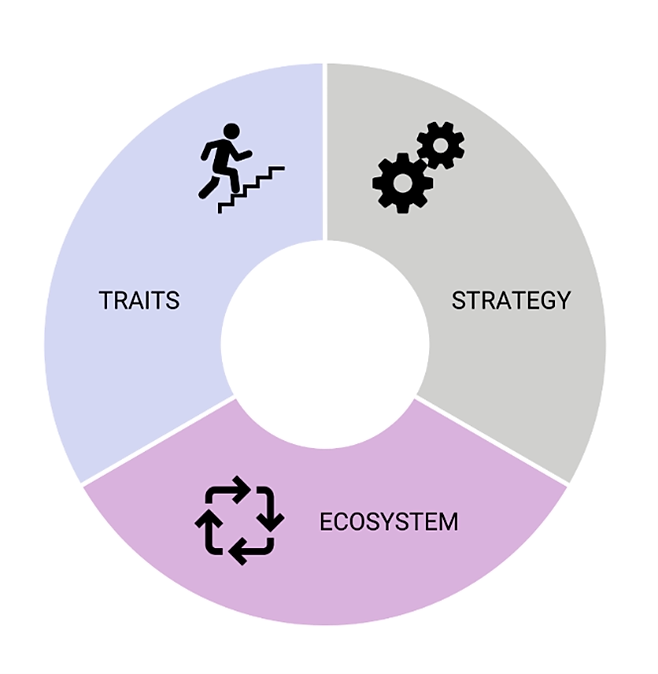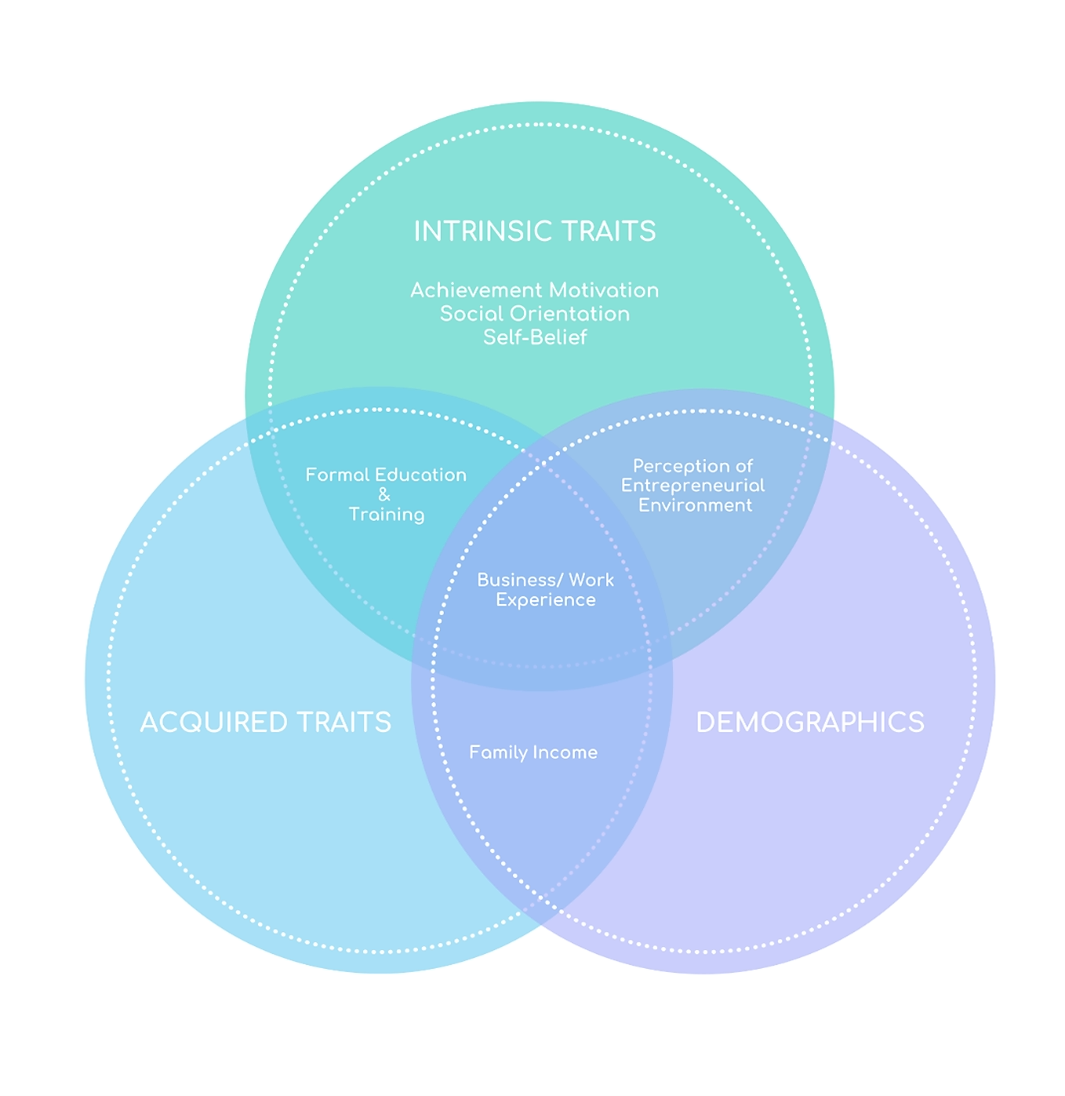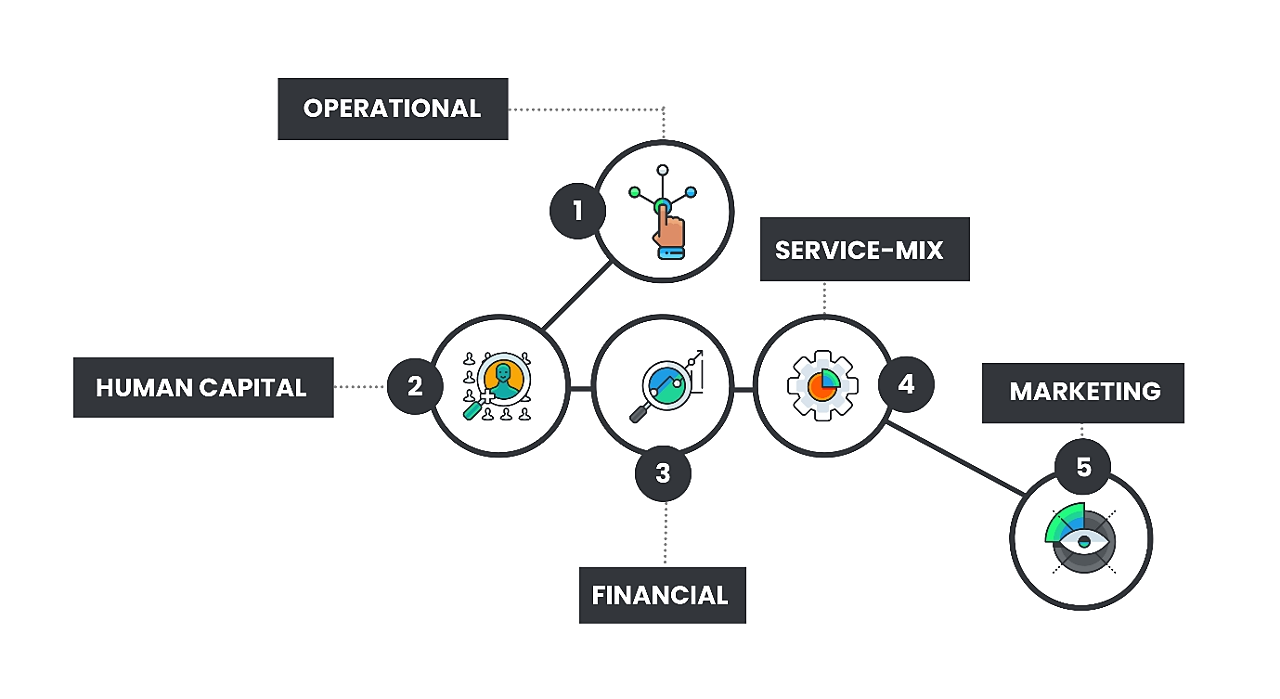Is there an ‘entrepreneur gene’ or is entrepreneurship a combination of skills, intrinsic and acquired?
It is indeed an age-old debate, just like with leadership, whether successful entrepreneurs are born with the innate ability to set up, sustain and succeed in complex, dynamic business environments or if entrepreneurship is a learned skill that can be taught and honed.
If it can be taught, then it surely is possible to study the successes and failures of entrepreneurs to understand the drivers of entrepreneurial success and apply these insights to train individuals and equip them with the skills and ecosystems crucial to becoming successful entrepreneurs.
ISB was commissioned by the CSC Academy to lead the impact assessment of Common Service Centres, a dominant form of subsistence entrepreneurship in India. While the sample set for this research was restricted to village level entrepreneurs, under the CSC 2.0 Scheme, the learnings can be extrapolated to apply to the larger entrepreneurial ecosystem in the country. The insights in this article are drawn from the key findings and recommendations of this study.
Drivers of Entrepreneurial Success
Research indicates that there are indeed a set of traits, both intrinsic and acquired that together with external factors such as demographics and learning exposure that can determine entrepreneurial ability and drive not just individual performance but also impact business success.
Entrepreneurial Traits
Entrepreneurial ability comes from a combination of intrinsic behavioural traits like achievement motivation, social orientation, and self – belief. Individuals with higher achievement motivation tend to take up entrepreneurship as a career, and it is their belief in themselves that helps them pursue these entrepreneurial opportunities with confidence and persist in the face of challenges. While social orientation influences their ability to naturally connect with people, which helps open up a network of opportunities for them.
Though these personality traits are inherent and unique to individuals, they are shaped by external factors such as demographics, literacy, prior work experience, and perception of entrepreneurial environment.
Education helps with identifying and constructively engaging with business opportunities, and in overcoming uncertainties across the business cycle. Prior work experiences and learning exposure enables one to generalise knowledge from a setting and apply it effectively to another.
While demographic factors and socio-economic characteristics such as age, gender, ethnicity, family’s income sources and entrepreneurial background directly influence an individual’s decision to pursue entrepreneurship.
Firm-Level Strategy
These traits in turn have significant impact on how entrepreneurs make strategic decisions. These firm-level strategies eventually determine the business’s ability to overcome volatility and achieve and sustain long term profitability.
Hiring decisions and investments in the development of human capital have an immediate impact not just on the daily operations of a business but even on the productivity and profit margins of the organisation.
The financial strategies that entrepreneurs deploy to access the required capital determine their capacity to respond to market forces, offer services that are in demand, and scale up operations.
While the choice of product and/or service-mix determines the business’s ability to create and capture market opportunities and drive sales growth.
Ecosystem
All the traits and strategies tie in together to foster entrepreneurial success, only if there exists an ecosystem that is conducive to business. One where an entrepreneur is recognised and rewarded. This drives business activity, further bolstering market opportunities and economic growth, positively affecting the behavioural traits of individuals in the region
Public perception towards entrepreneurship itself is important, for it makes the choice of an entrepreneurial career aspirational and it is the macroeconomic factors such as GDP of the region that have a direct impact on the public perception of entrepreneurial environment.
Availability of Infrastructure is yet another critical resource for the ideal business ecosystem, as accessibility to infrastructure empowers entrepreneurs to leverage opportunities and address business uncertainty.
















